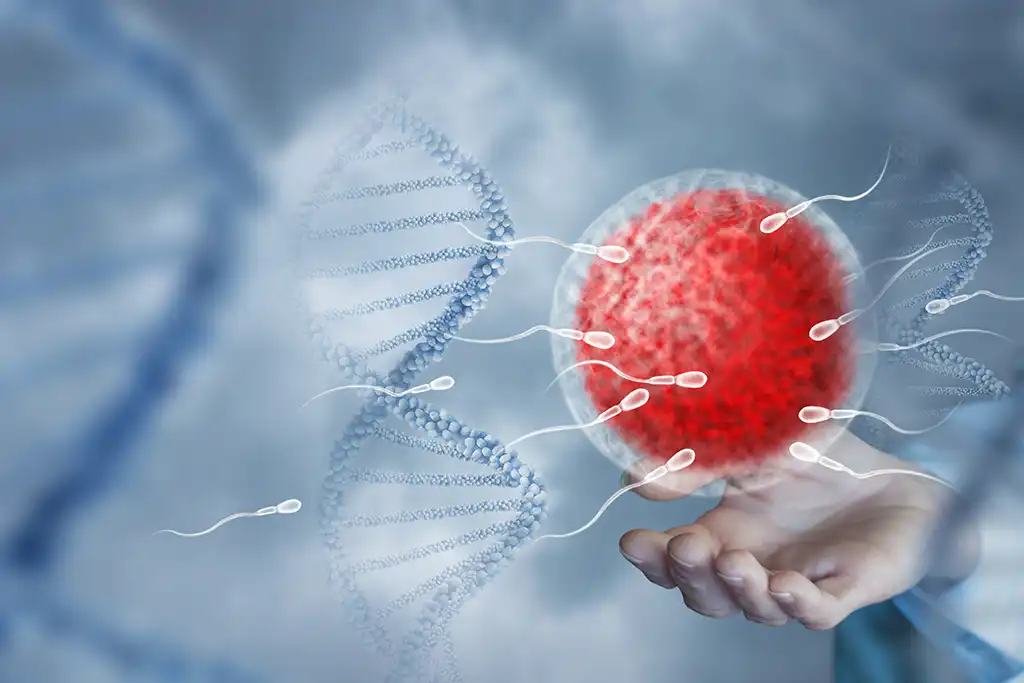Discover how antioxidants impact fertility in both men and women. Learn which foods and supplements boost reproductive health naturally, backed by science.
Introduction
Fertility challenges are becoming increasingly common, affecting nearly 1 in 6 couples globally. While medical treatments such as IVF are well-known, more couples are turning to nutritional strategies to support their reproductive health naturally. One of the most researched and promising approaches involves antioxidants — powerful compounds that protect the body from cellular damage, including damage to reproductive cells.
In this article, we’ll explore the role of antioxidants in fertility, examine what science says, and share practical ways to incorporate them into your daily life.
What Are Antioxidants?
Antioxidants are substances that help neutralize free radicals.These are unstable molecules that can cause oxidative stress, a condition linked to cell damage, inflammation, and chronic disease. While oxidative stress is a normal part of metabolism, high levels can harm fertility by damaging sperm, eggs, and reproductive tissues.
Common Antioxidants Include:
Vitamin C
Vitamin E
Zinc
Selenium
Coenzyme Q10 (CoQ10)
Glutathione
Beta-carotene
These nutrients work by stabilizing free radicals and supporting overall cellular health, including all the cells vital for reproduction.
The Link Between Oxidative Stress and Fertility
Multiple studies have established a strong connection between oxidative stress and reduced fertility in both men and women. For example, oxidative damage to sperm DNA can lower motility and increase fragmentation, making conception less likely.
In women, oxidative stress may disrupt follicular development, harm egg quality, and contribute to conditions like endometriosis and PCOS, both of which impair fertility.
A 2020 study in the journal Reproductive Biology and Endocrinology noted that oxidative stress is a key player in ovarian aging, potentially impacting the number and quality of available eggs.
Antioxidants and Male Fertility
Sperm are particularly vulnerable to oxidative stress due to the high concentration of polyunsaturated fats in their membranes and limited natural antioxidant defenses. The good news? Antioxidants have been shown to significantly improve sperm quality.

Evidence-Based Benefits:
CoQ10: Supplementation has been shown to increase sperm motility and count
Vitamin C and E: Help reduce sperm DNA fragmentation and improve overall morphology.
Zinc and Selenium: Essential for testosterone production and the structural integrity of sperm.
“What Research Says About Antioxidants for Male Fertility”
A comprehensive systematic review published in the Arab Journal of Urology analyzed 26 studies involving antioxidant use in men with fertility issues. It found that antioxidants such as Vitamin C, Vitamin E, Coenzyme Q10, and selenium significantly improved sperm count, motility, morphology, and advanced sperm function tests. More importantly, the review reported improved outcomes in assisted reproductive technologies (ART) including higher fertilization rates and live birth rates in some cases.
Antioxidants and Female Fertility
Oxidative stress can negatively impact oocyte (egg) maturation, ovulation, and implantation. Antioxidants may help protect against these effects, supporting overall female reproductive health.
Key Roles:
Folic acid: Known for preventing neural tube defects, but also contributes to healthy ovulation.
Vitamin E: Supports endometrial thickness, improving implantation potential.
Glutathione: A powerful antioxidant found in egg cells, helping protect DNA integrity.
In women undergoing IVF, antioxidant-rich diets have been linked to higher fertilization rates and better embryo quality, according to a 2021 review in Nutrients journal.
Best Antioxidant Rich Foods for Fertility
The best way to get antioxidants is through whole, colorful foods. Here’s a breakdown of some of the top fertility friendly options:
Fruits
Berries (blueberries, strawberries, raspberries)
Pomegranate
Oranges and citrus fruits
Vegetables
Spinach, kale, and other leafy greens
Carrots and sweet potatoes (rich in beta-carotene)
Broccoli and Brussels sprouts
Nuts & Seeds
Almonds (Vitamin E)
Brazil nuts (Selenium)
Pumpkin seeds (Zinc)
Herbs & Spices
Turmeric (curcumin)
Ginger
Green tea (catechins)
Aim for a rainbow on your plate,a colorful diet ensures a broad spectrum of antioxidants.
Should You Take Antioxidant Supplements?
While food should be the primary source of antioxidants, supplements may be helpful in specific cases especially in those with diagnosed fertility issues or dietary restrictions.
CoQ10, for instance, is commonly recommended for both men and women trying to conceive due to its role in cellular energy production.
Caution:
Over-supplementation can be harmful. Always consult a fertility specialist or pharmacist before beginning any supplement regimen.
Realistic Timeline: How Long to See Results?
Fertility isn’t improved overnight. Clinical evidence suggests it may take three to six months of consistent dietary and lifestyle changes to see significant improvements in sperm or egg quality.
That’s because both spermatogenesis (sperm production) and follicular development (egg maturation) follow monthly cycles that respond to nutritional status over time.
Conclusion
Antioxidants are a powerful, natural way to support fertility by combating oxidative stress, a silent factor that often goes unnoticed in fertility struggles. Whether through diet or carefully chosen supplements, increasing your antioxidant intake may improve reproductive outcomes, sperm and egg health, and even IVF success.
As a pharmacist, I always recommend starting with whole food sources, tracking your progress, and speaking with a health professional for personalized guidance.
Frequently Asked Questions (FAQ)
Q1: Can antioxidants cure infertility?
No, they can’t cure infertility but may help improve fertility parameters and increase the chances of conception, especially when oxidative stress is a factor.
Q2: What is the best antioxidant for fertility?
There’s no single “best” antioxidant. CoQ10, Vitamin C, E, and zinc have some of the strongest evidence supporting fertility benefits.
Q3: Can I get enough antioxidants from food alone?
Yes, if you eat a diet rich in colorful fruits, vegetables, nuts, and whole grains. Supplements are optional and should be tailored to individual needs.
Q4: Are there any side effects of antioxidant supplements?
Yes. Overdosing can disrupt hormonal balance and may interfere with fertility treatments. Always seek professional advice.